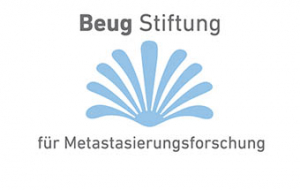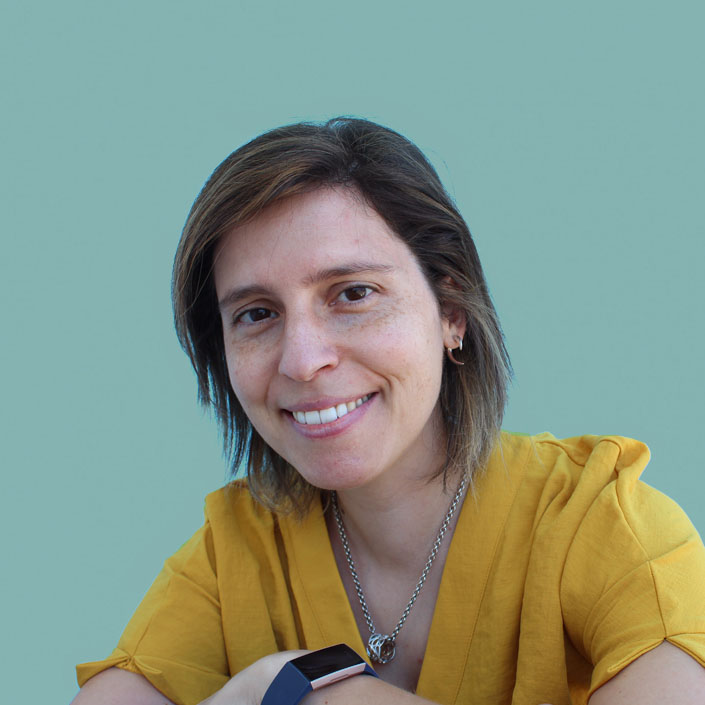Ana Luisa Correia, Fundação Champalimaud, Lisbon
Project 2021
Harnessing neuron-NK cell interactions to prevent metastasis
The uncertainty of whether and when metastases will occur has been one of the most challenging factors in treatment effectiveness. In many cancer patients, persistent disseminated tumor cells (DTCs) enter a state of dormancy upon arrival at the distant tissue, only to awaken years or even decades afterwards and initiate deadly metastases. How cancer progresses from dormant to deadly metastatic is an outstanding question of utmost importance. My recent work revealed that the pool of natural killer (NK) cells within distant tissues can itself determine metastatic progression, and that normalizing NK cell abundance might be a way to effectively control dormant DTCs. But, what mechanisms control NK cell dynamics in tissues? Given that many neuroendocrine factors affect the number, activity and trafficking of NK cells, and metastatic progression coincides with exacerbated neuronal signaling, I hypothesized that neuronal hardwiring is a driver of NK cell dynamics in distant tissues. The Beug Foundation Metastasis Prize will allow me to comprehensively map tissue innervation and NK cell distribution during the formation of breast cancer metastases. This work will lay the basis for subsequent mechanistic and functional studies to explore neuron-NK cell interactions therapeutically to prevent metastatic seeds from ever sprouting.
Report 2023
Understanding how cancer progresses from dormant to metastatic, and how to control this transition, are provocative challenges of utmost importance in cancer research today. We proposed that the microenvironment within distant sites is a major driving force in timing metastatic progression. Specifically, we hypothesized that neuronal hardwiring may control the local tissue abundance of NK cells, which we recently identified as a main constraint to the formation of breast cancer metastases in the liver.
With the support from Beug Foundation, we interrogated molecular alterations induced by neuronal activation on NK cells and dormant DTCs themselves. Being able to develop this critical initial stage of the project has allowed us to identify neuro-immune modulators that can be now validated functionally. Obtaining these preliminary data was crucial to determining the potential and long-term feasibility of this line of research. Moreover, it laid the basis for an ambitious project aimed at elucidating the molecular mechanisms underlying neuron-NK cell interactions and how this crosstalk can be explored therapeutically to prevent metastasis.
The Beug Foundation Prize has been a key step forward to reaching my scientific career goals, by allowing me the necessary seed funding to explore my ground-breaking idea for preventing metastasis, and accelerating the very important transition into starting my own research group at the Champalimaud Foundation, in Lisbon. I am extremely grateful to the Beug Foundation for their vision, support and trust in our capacity and commitment to make metastasis a tractable problem.

